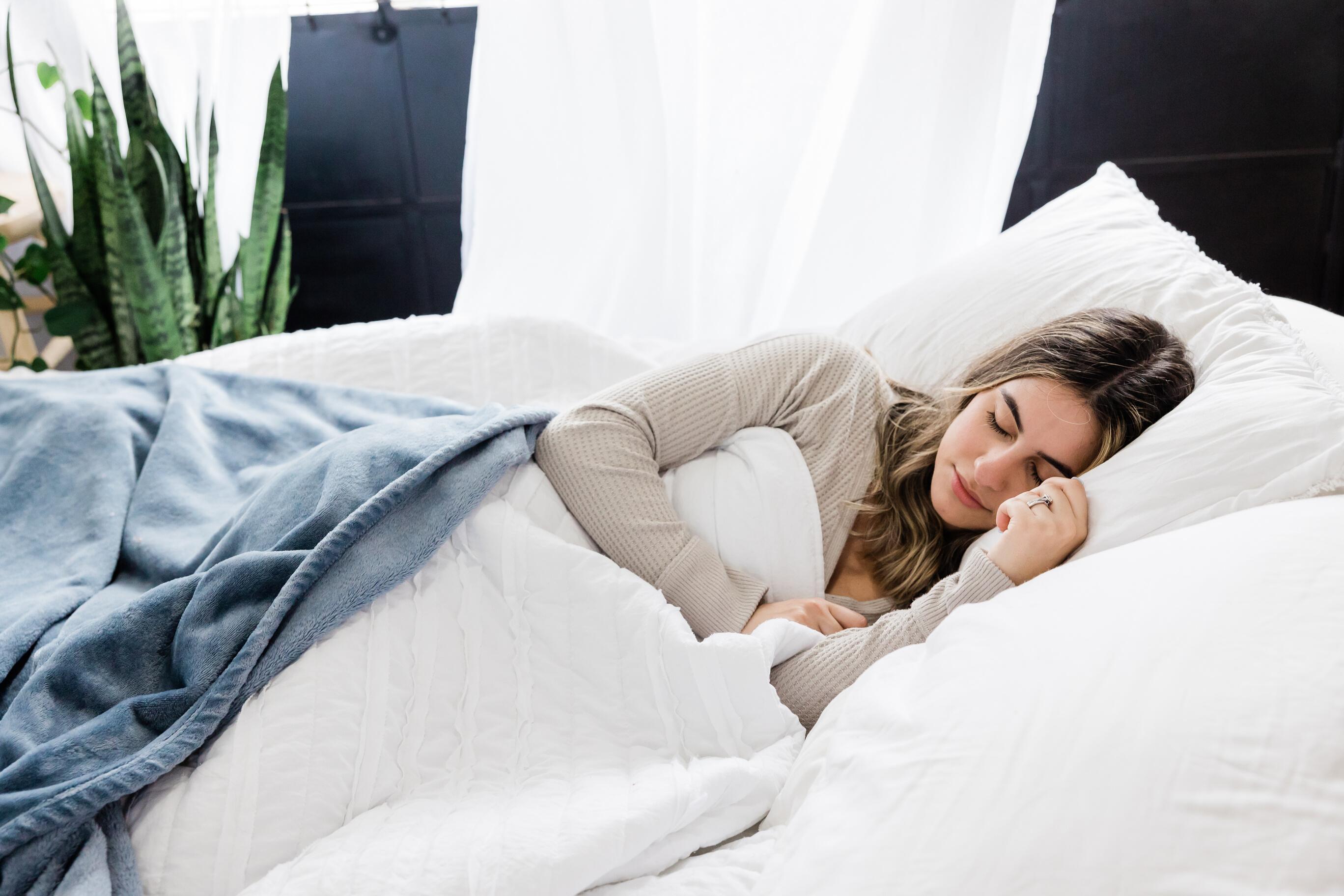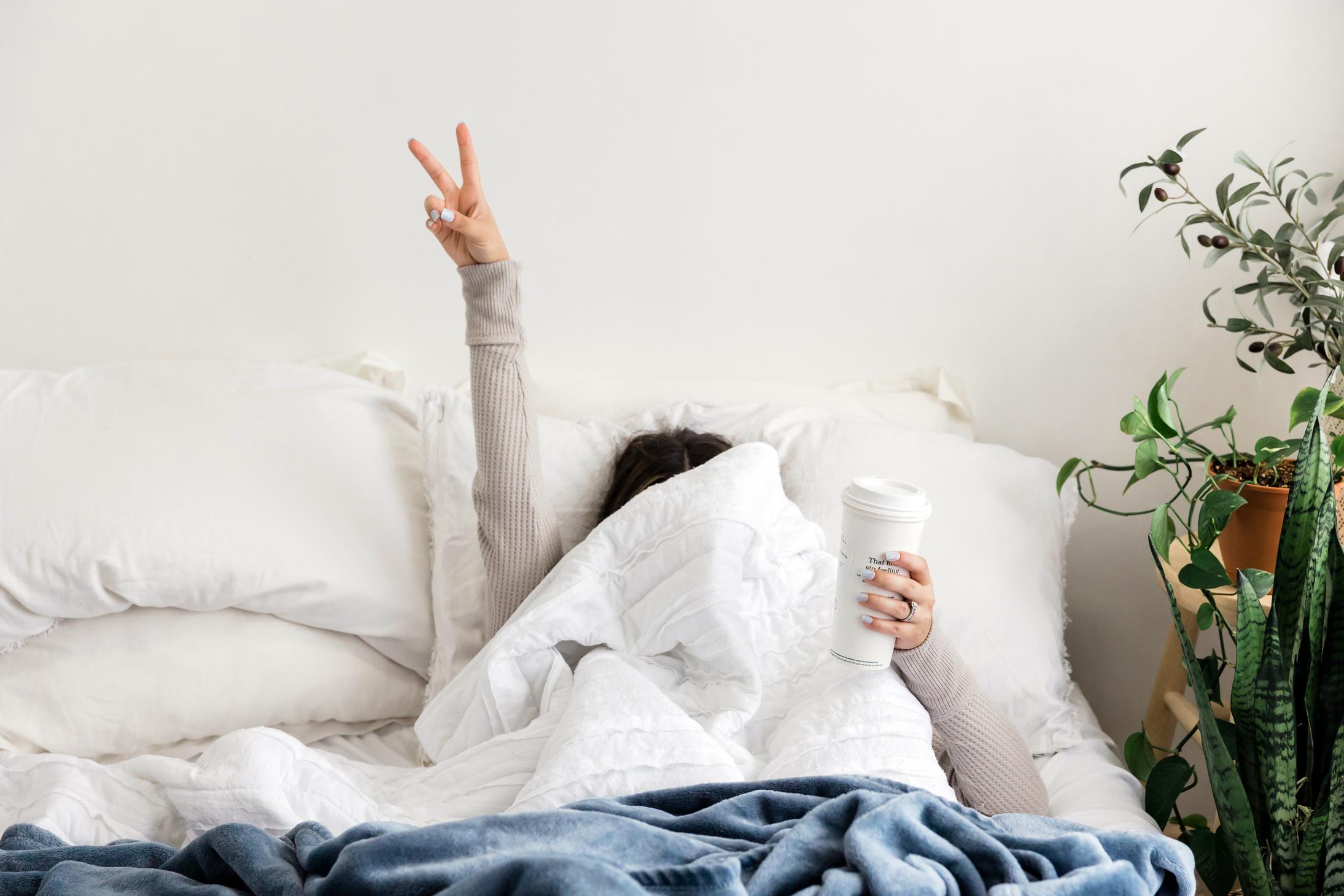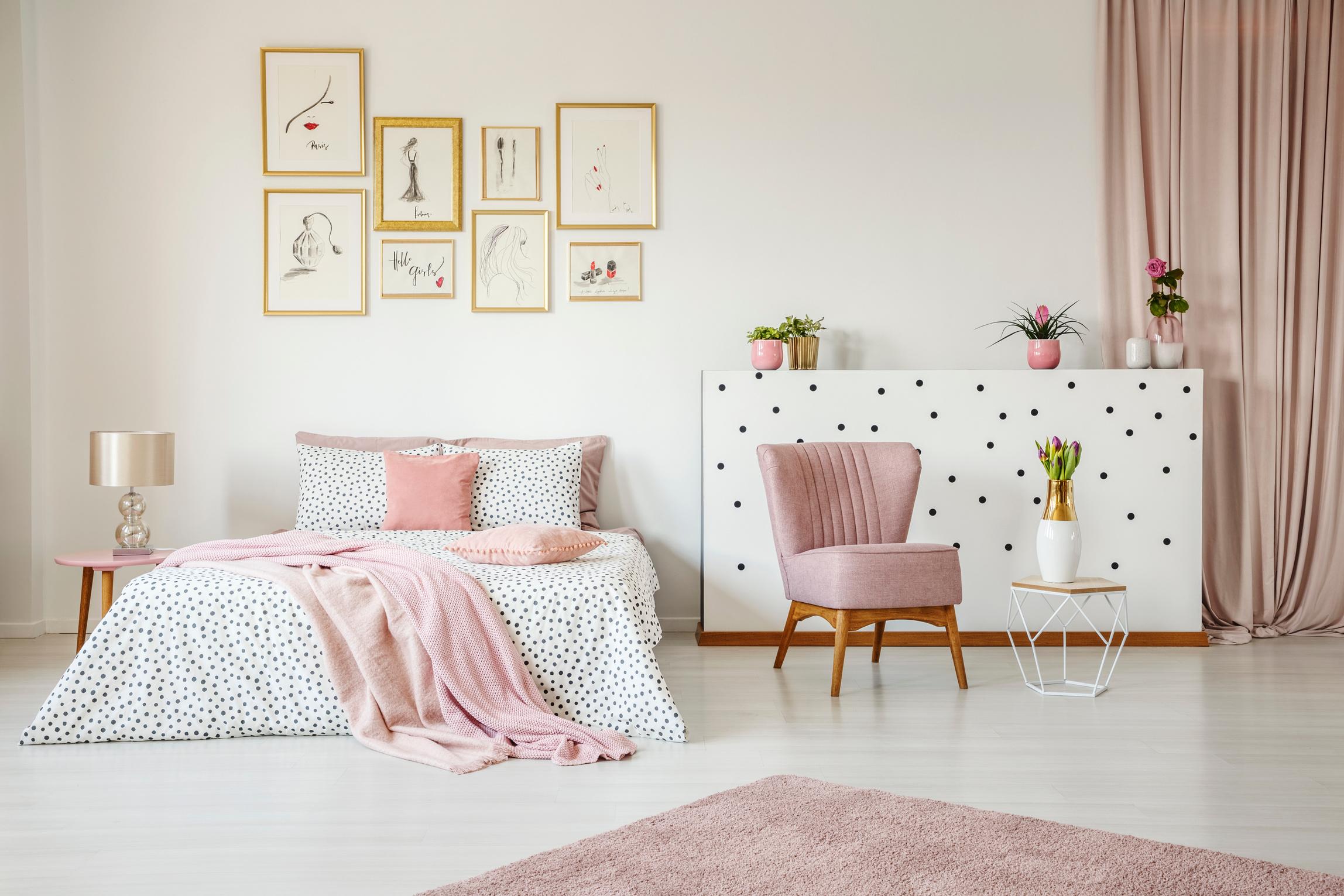

Life-changinghabitstostartyour daybetter,beingmoreproductive andsetyourselfupforsuccess.
DrJennSimmons
How to Sleep More Soundly
How can I get a better night's sleep?
Sleeping well directly affects your mental and physical health. Fall short and it can take a serious toll on your daytime energy, productivity, emotional balance, and even your weight. Yet many of us regularly toss and turn at night, struggling to get the sleep we need.
Getting a good night’s sleep may seem like an impossible goal when you’re wide awake at 3 a.m., but you have much more control over the quality of your sleep than you probably realize. Just as the way you feel during your waking hours often hinges on how well you sleep at night, so the cure for sleep difficulties can often be found in your daily routine.
Unhealthy daytime habits and lifestyle choices can leave you tossing and turning at night and adversely affect your mood, brain and heart health, immune system, creativity, vitality, and weight. But by experimenting with the following tips, you can enjoy better sleep at night, boost your health, and improve how you think and feel during the day.
by Dr Jenn Simmons | www.realhealthmd.com
RealHealthMD

Control your exposure to sunlight
Melatonin is a naturally occurring hormone controlled by light exposure that helps regulate your sleep-wake cycle.
Your brain secretes more melatonin when it's dark making you sleepy and less when it's light making you more alert.
However, many aspects of modern life can alter your body's production of melatonin and shift your circadian rhythm. Here's how to influence your exposure to light:
1
RealHealthMD

During the day
Expose yourself to bright sunlight in the morning The closer to the time you get up, the better. Have your coffee outside, for example, or eat breakfast by a sunny window. The light on your face will help you wake up.
Spend more time outside during daylight. Take your work breaks outside in sunlight, exercise outside, or walk your dog during the day instead of at night.
Let as much natural light into your home or workspace as possible. Keep curtains and blinds open during the day, and try to move your desk closer to the window.
by Dr Jenn Simmons | www.realhealthmd.com

At night
Say no to late-night television Not only does the light from a TV suppress melatonin, but many programs are stimulating rather than relaxing Try listening to music or audio books instead.
Watch the sunset. It signals your brain that it’s time to prepare for sleep
Wear blue light glasses after sun down This helps increase melatonin production.
by Dr Jenn Simmons | www.realhealthmd.com
RealHealthMD
Keep in sync with your body's natural sleepwake cycle

Getting in sync with your body's natural sleep-wake cycle, or circadian rhythm, is one of the most important strategies for sleeping better.
If you keep a regular sleep-wake schedule, you'll feel much more refreshed and energized than if you sleep the same number of hours at different times, even if you only alter your sleep schedule by an hour or two.
2
RealHealthMD

Try to go to sleep and get up at the same time every day. This helps set your body's internal clock and optimize the quality of your sleep Choose a bed time when you normally feel tired, so that you don't toss and turn
Avoid sleeping in even on weekends. The more your weekend/weekday sleep schedules differ, the worse the jetlag-like symptoms you'll experience. If you need to make up for a late night, opt for a daytime nap rather than sleeping in.
Start the day with a healthy breakfast Among other health benefits, eating a balanced breakfast can help sync up your biological clock by letting your body know that it’s time to wake up and get going. Skipping breakfast, on the other hand, can delay your blood sugar rhythms, lower your energy, and increase your stress, factors that may disrupt sleep.
by Dr Jenn Simmons | www.realhealthmd.com
Improve your sleep environment
A peaceful bedtime routine sends a powerful signal to your brain that it's time to wind down and let go of the day's stresses. Sometimes even small changes to your environment can make a big difference to your quality of sleep.

3
RealHealthMD

Make sure your bed is comfortable. Your bed covers should leave you enough room to stretch and turn comfortably without becoming tangled. If you often wake up with a sore back or an aching neck, you may need to experiment with different levels of mattress firmness, foam toppers, and pillows that provide more or less support.
Reserve your bed for sleeping (and sex). By not working, watching TV, or using your phone, tablet, or computer in bed, your brain will associate the bedroom with just sleep (and sex), which makes it easier to wind down at night.
Keep your room cool. Most people sleep best in a slightly cool room (around 65° F or 18° C) with adequate ventilation. A bedroom that is too hot or too cold can interfere with quality sleep.
by Dr Jenn Simmons | www.realhealthmd.com
RealHealthMD
Sleep optimization is even more important for cancer patients...
Because the process of cell growth and division is affected by circadian rhythm, cancer cells may be more vulnerable or resistant to treatments depending on the quality and timing of your sleep. Cancer drugs often target specific proteins, enzymes, or receptors on the surface of cells, and most of these are affected by circadian rhythm.
Sleeping well may affect the way cancer patients recover and respond to treatment. For example, poor sleep has been connected to higher levels of pain, longer hospital stays, and a greater chance of complications in women undergoing surgery for breast cancer.
Thankfully, you can address the root causes of poor sleep by harnessing the power of nutrition, so you can optimize digestion, immunity, and hormonal balance, all of which contribute to better sleep.
You can also learn to manage stress with simple yet powerful mindset techniques, so you can restore balance to your body's natural sleep-wake cycle.
And that, my friend, is easier than you'd think.
by Dr Jenn Simmons | www.realhealthmd.com
My Answer to Breast Cancer
12-week online program for women living with breast cancer.
Have more energy and better sleep
Improve your health and well being
Restore hormonal balance
Lose an average of 20-30 lbs
Learn more here

I N T R O D U C I N G T H E









